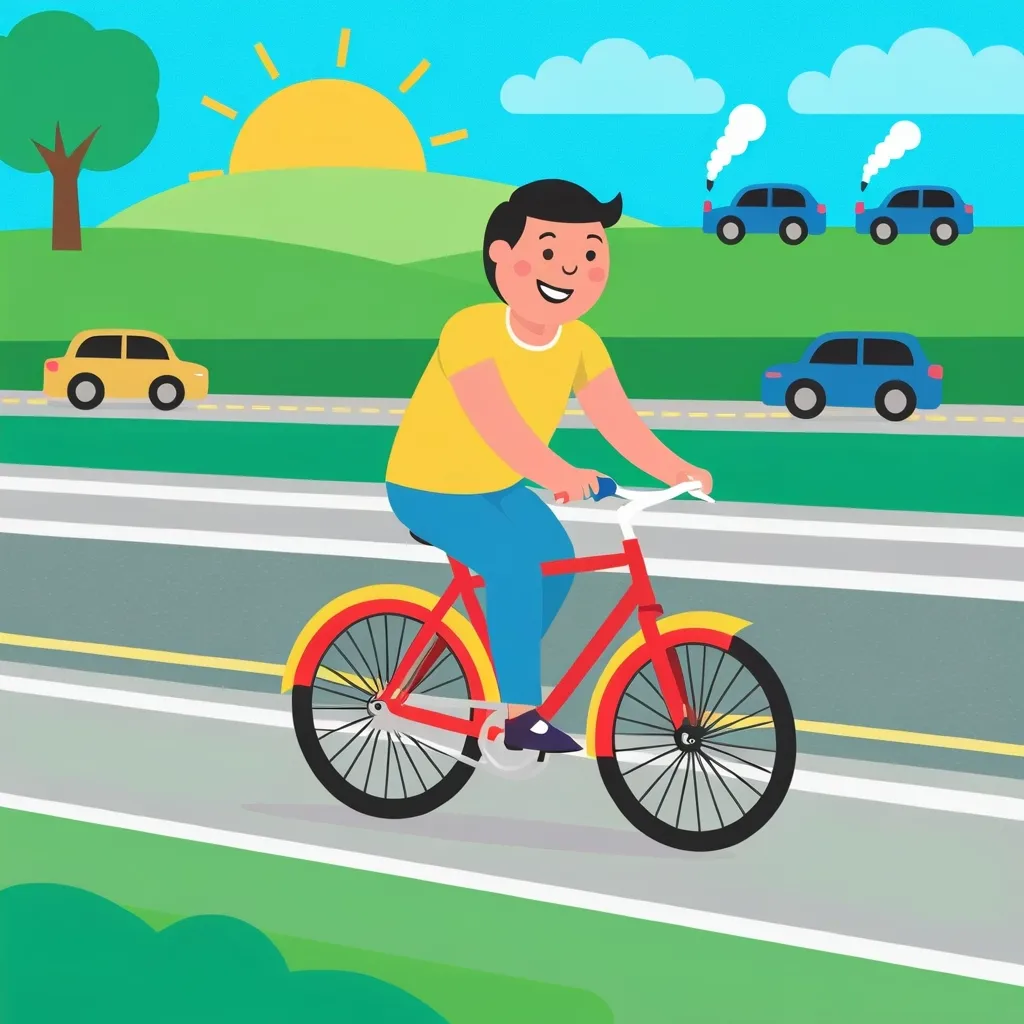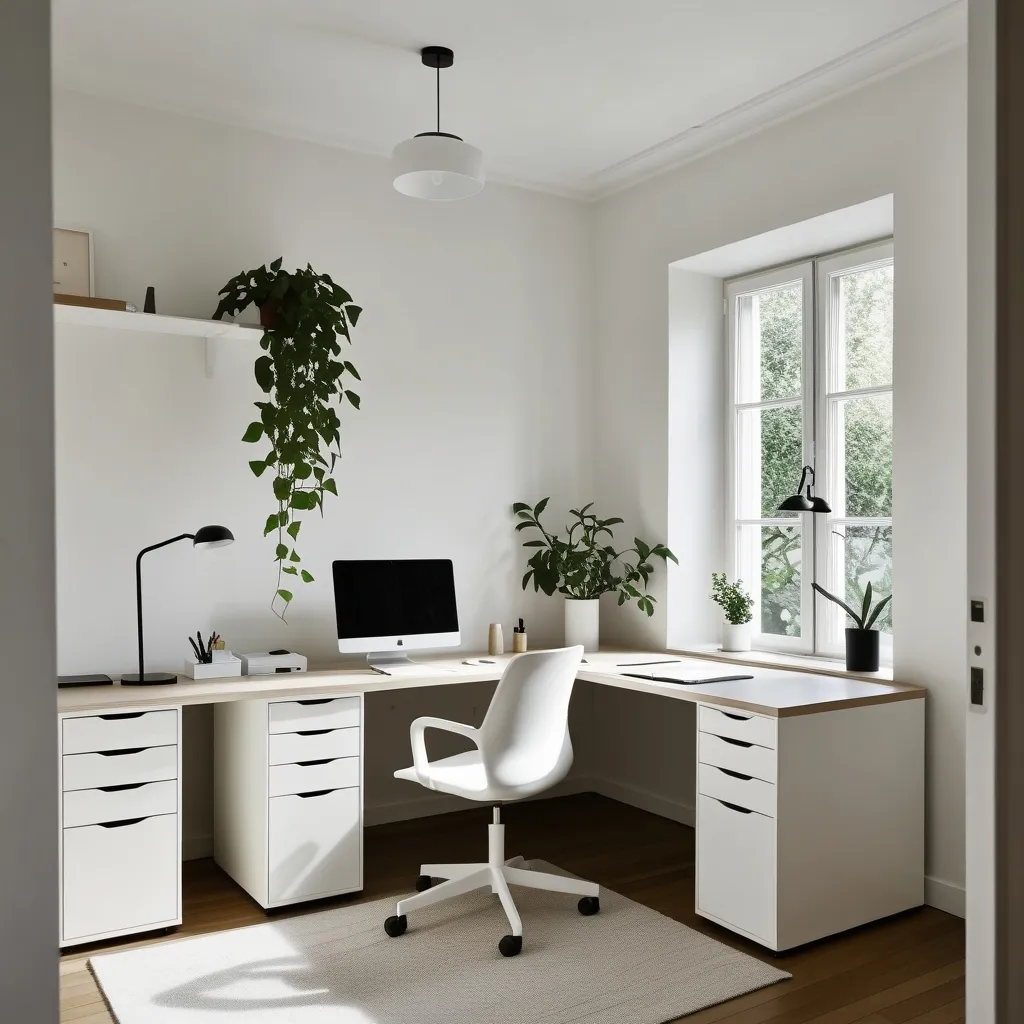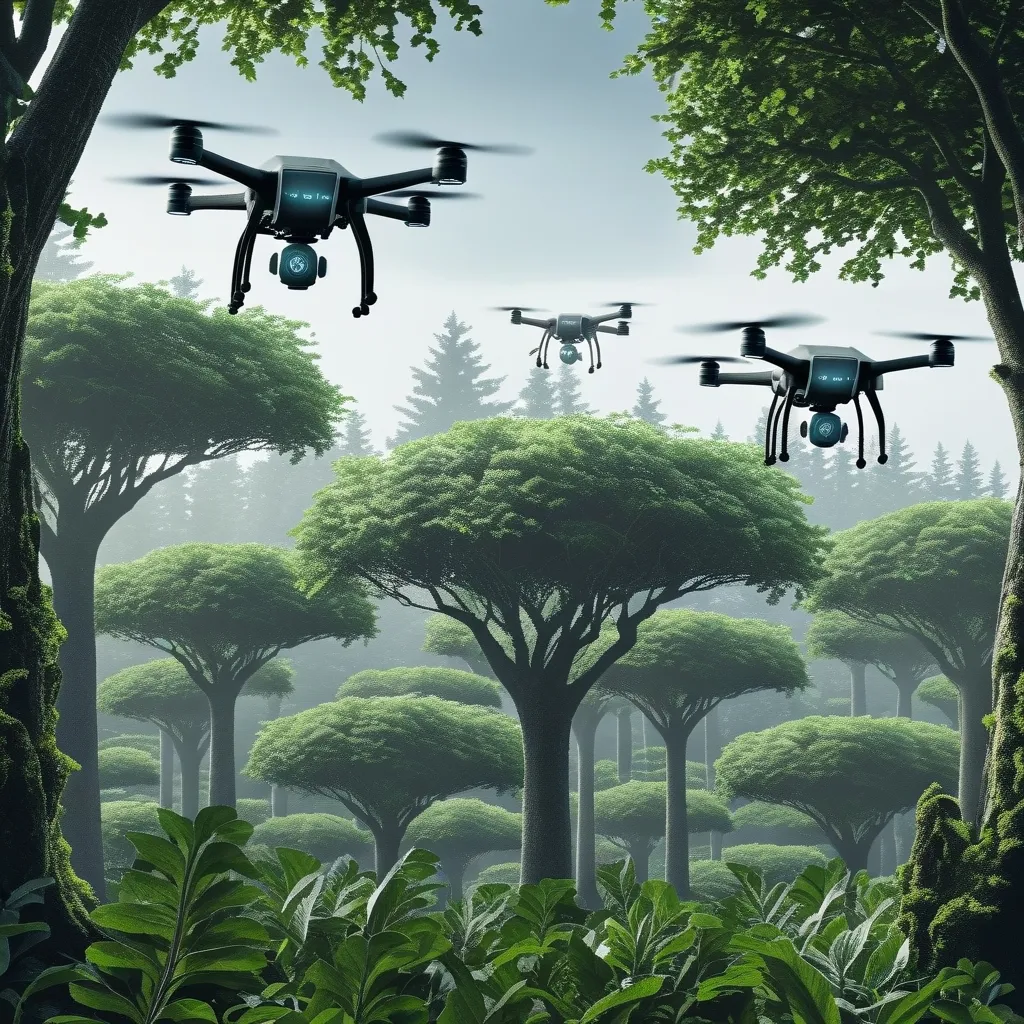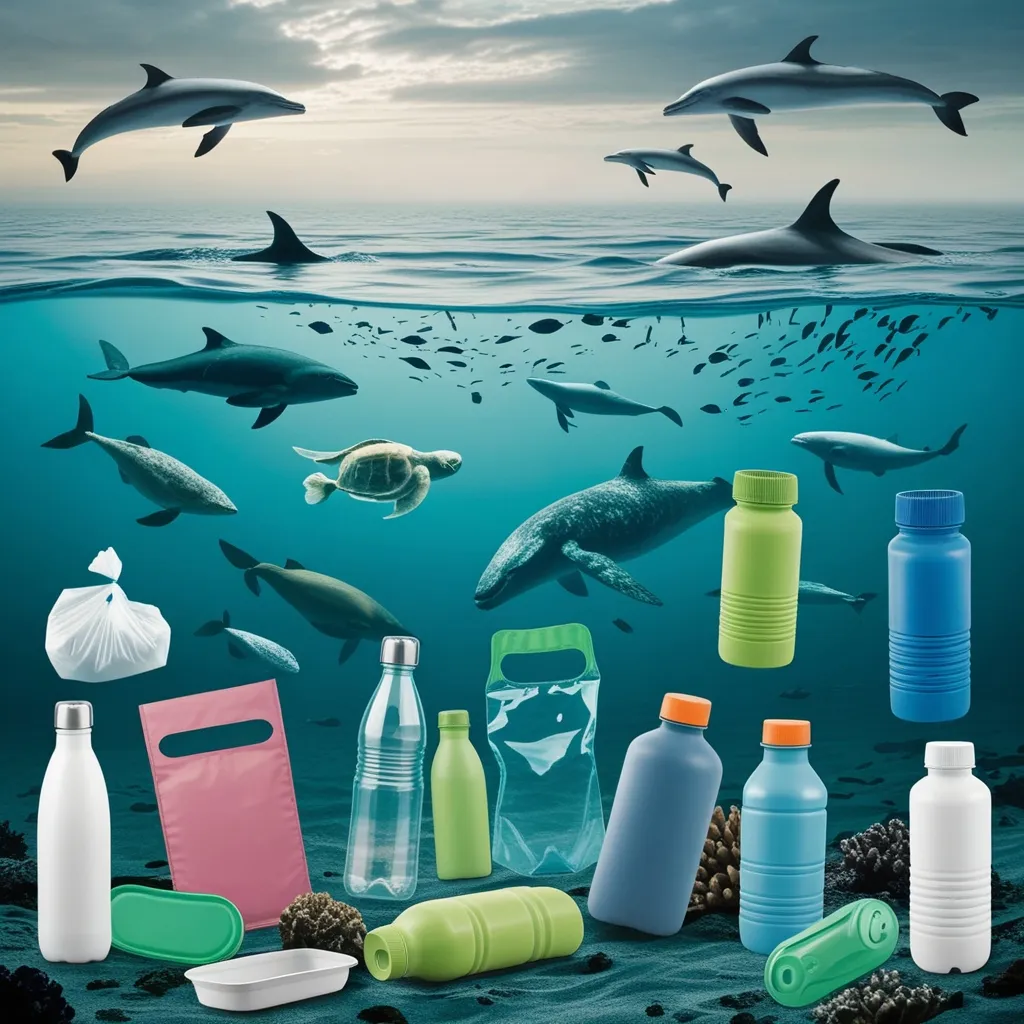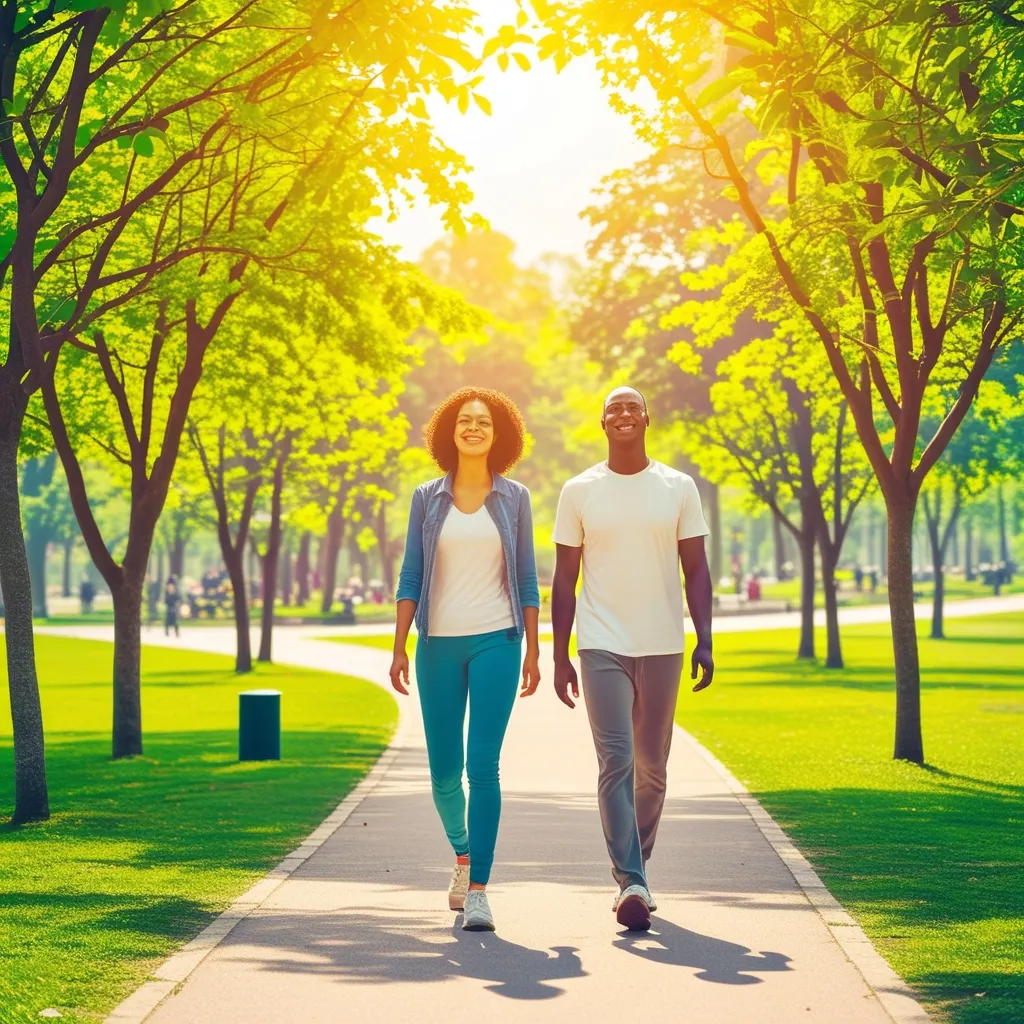These days, everyone is buzzing about the environment and staying healthy. It’s funny how small tweaks to our daily habits can lead to big changes. Seriously, one of the easiest tweaks? Just cut down on car rides and go for a bike or walk instead. It’s a win-win for your wallet and the planet.
Ever wondered how your car is wreaking havoc? Transportation spews out loads of greenhouse gases, and our beloved cars are the main villains. Swap just one car trip with a bike ride daily, and you can chop down your carbon footprint by nearly 0.5 tonnes a year. Imagine if 10% of people did that – we’d be looking at a 4% drop in CO2 emissions from all car travel. Not bad for a simple switch, right?
There’s more bad news about cars – they contribute to air pollution, tossing harmful gases like nitrogen dioxide and particulate matter into the air. This stuff is nasty for both nature and us. Every time you choose to bike or walk, you’re reducing those pollutants. Fewer cars mean cleaner air and a healthier environment.
But hold on, it’s not just the environment that benefits. Walking and biking are fantastic for your health too. Regular exercise keeps you in shape, slashes the risk of heart issues, strokes, high blood pressure, and even the big C – cancer. Biking is stellar for your core and legs, turning your commute into a mini workout without needing a gym membership.
Let’s not forget mental health. Getting outside, soaking up fresh air, and moving your body can boost your mood and provide a break from daily stress. Plus, knowing you’re making a positive impact on the planet can give you a feel-good factor that brightens your day.
Now, if money talks (and let’s be real, it often does), biking or walking will have your wallet cheering. Cars are money pits, costing an average of $5,522 a year to run, and that’s if you’re done paying for it! Compare that with biking. Once you’ve bought your bike and gear, it’s pretty much free. You save roughly 57.5 cents per mile you bike instead of drive. Ride 10 miles a week, and you pocket about $299 annually. Push that to 20 miles weekly, and your savings soar to almost $600.
Getting started with biking doesn’t need to be a Herculean task. If you’re new to it, begin small. Start with short distances that you can handle comfortably. If your bike’s been gathering dust for years, go for a destination about three or four miles away. As you get the hang of it, lengthen those trips.
Google Maps can be your best buddy here. Plug in your starting point and destination, hit the bicyclist icon, and voila – you’ll get bike-friendly routes along with the mileage and estimated time.
Safety concerns often put people off from biking or walking. Roads aren’t always designed with pedestrians and cyclists in mind, focusing more on speeding cars. But there’s hope. Advocacy groups and local councils are pushing for safer infrastructure, like bike lanes and traffic-calming measures, to protect us.
You can do your bit by supporting policies aimed at making biking and walking safer. Let your elected officials know you back these measures. Your voice can help secure approval and funding for projects that prioritize safety over speed.
Beyond the personal perks, walking and biking can weave tighter community bonds. As more folks walk or bike, the demand for safer, traffic-free zones grows. This leads to creating more green spaces, which boosts biodiversity and overall environmental health.
Your actions can inspire others. When you choose to bike or walk, you set an example for friends and family. Collective action can spark change, pushing for better infrastructure and building a more sustainable community.
So, next time you’re debating a short trip, why not opt for two wheels or your own two feet? The benefits ripple far and wide – from your health to your savings, and from the community’s wellness to the planet’s future.
